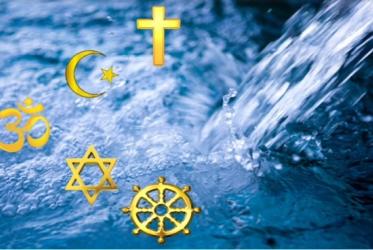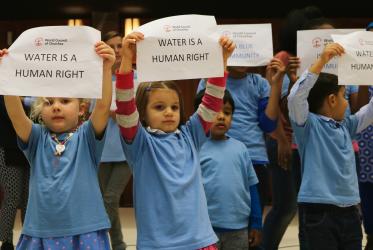Displaying 1 - 20 of 23
Seven Weeks for Water 2023 takes global approach
22 February 2023
WCC holds public event at World Water Week in Stockholm
25 August 2017
Joining Blue Communities, WCC turns from bottles to taps
26 October 2016
WCC joins the Blue Community
25 October 2016
Visser’t Hooft Hall, Ecumenical Center, 150 Route de Ferney, Geneva
Winners of WCC photo contest announced
09 May 2016
WCC holds photo contest
07 March 2016








